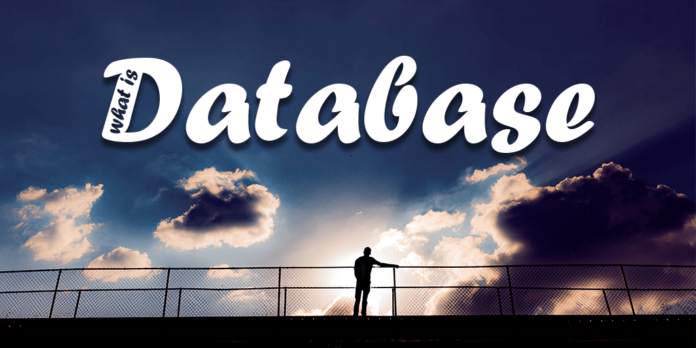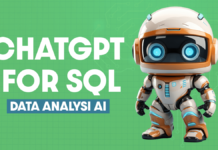What Is A Database: Database Definition & Types!
In the last blog, we learned about the definition of data along with its various aspects. So let’s talk about database definition and types. Just like data is a collection of related information similarly database is where data could be neatly organized and stored. In other words a database is where data is stored and could be accessed for further processing. The database acts as a container for the upkeep and secure storage of data.
Illustrating Through Examples Of A Database!
Library is one such example of a database which is simplest to understand. Suppose the books in the library are data then the latter could be termed as a database. However this could be an over simplification of the term.
In today’s digital age databases are one of the most commonly found business elements especially in the e-commerce industry. Every e-commerce site without fail maintains databases that contain data on product inventory as well as information on its customers. In fact, their whole business model depends on the timely accessing, sorting and updating of the data. This is in fact true for all dynamic websites.
Enlisting The Types Of Database!
Flexibility is a very important feature of a database. In fact uses of a database is inherently dependent on its ability to be accessible and update quickly. The advancement in the database technology has led to designing of numerous types of database models. Each of these types of database software are a huge topic in itself. Therefore for the sake of simplicity I’ll only list the names of some of the major database types:
- Distributed Database
- End-User Database
- Centralized Database
- Commercial Database
- Operational Database
- Relational Database
- Personal Database
To conclude databases are computer structures that come into play when you need to control a set of data by storing it, securing it as well as organizing it in order to deliver profitable results. On the other hand, a set of programs that help in performing the above mentioned tasks on the database is known as a Database Management System. We will learn about it in detail in the next blog post. So stay tuned!!!
[bctt tweet=”Flexibility is a very important feature of a database.” username=”RebellionRider”]
Hope you enjoyed reading. Do make sure to follow us on Twitter & Facebook for more such interesting database concepts. Thanks & have a great day!











